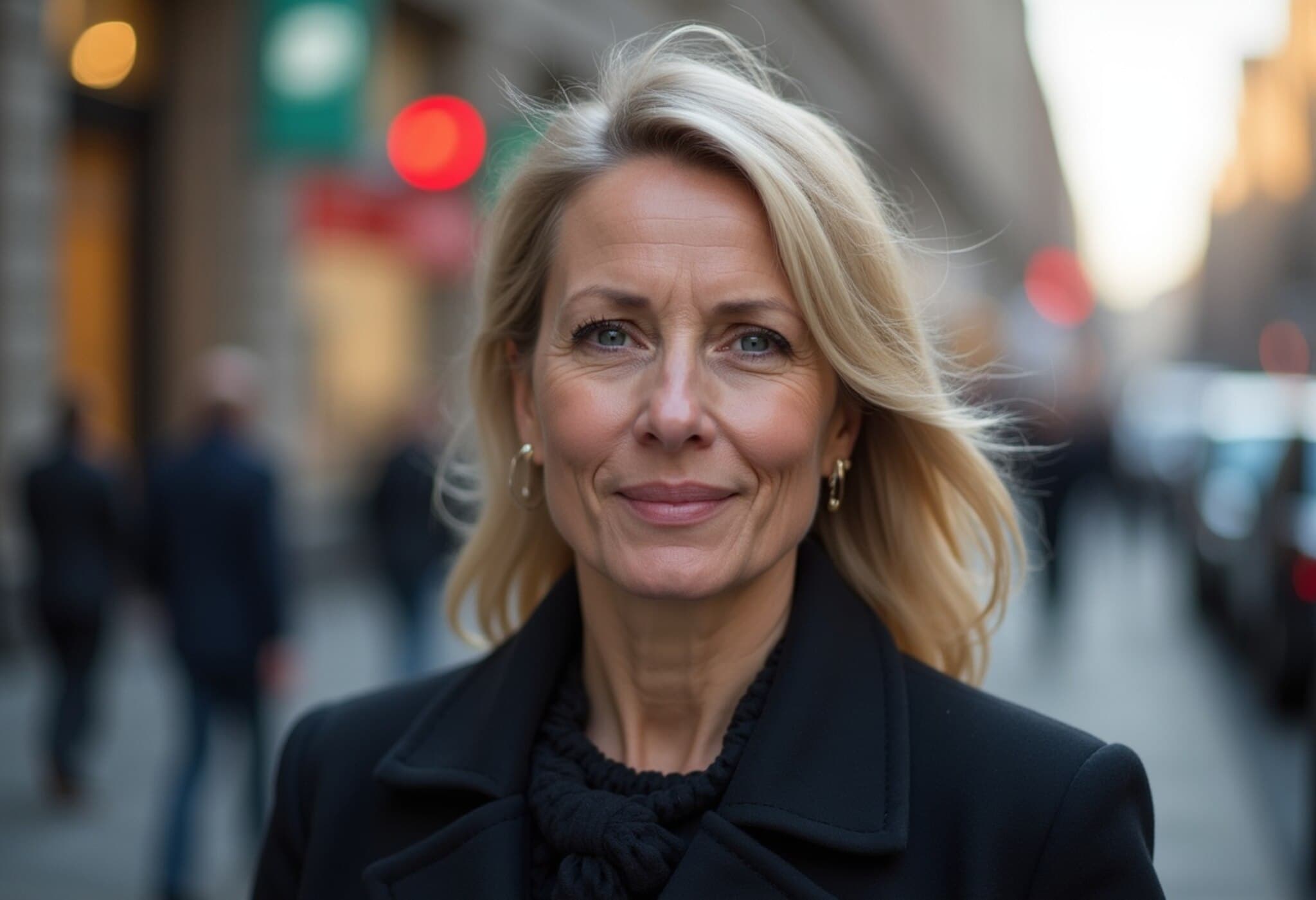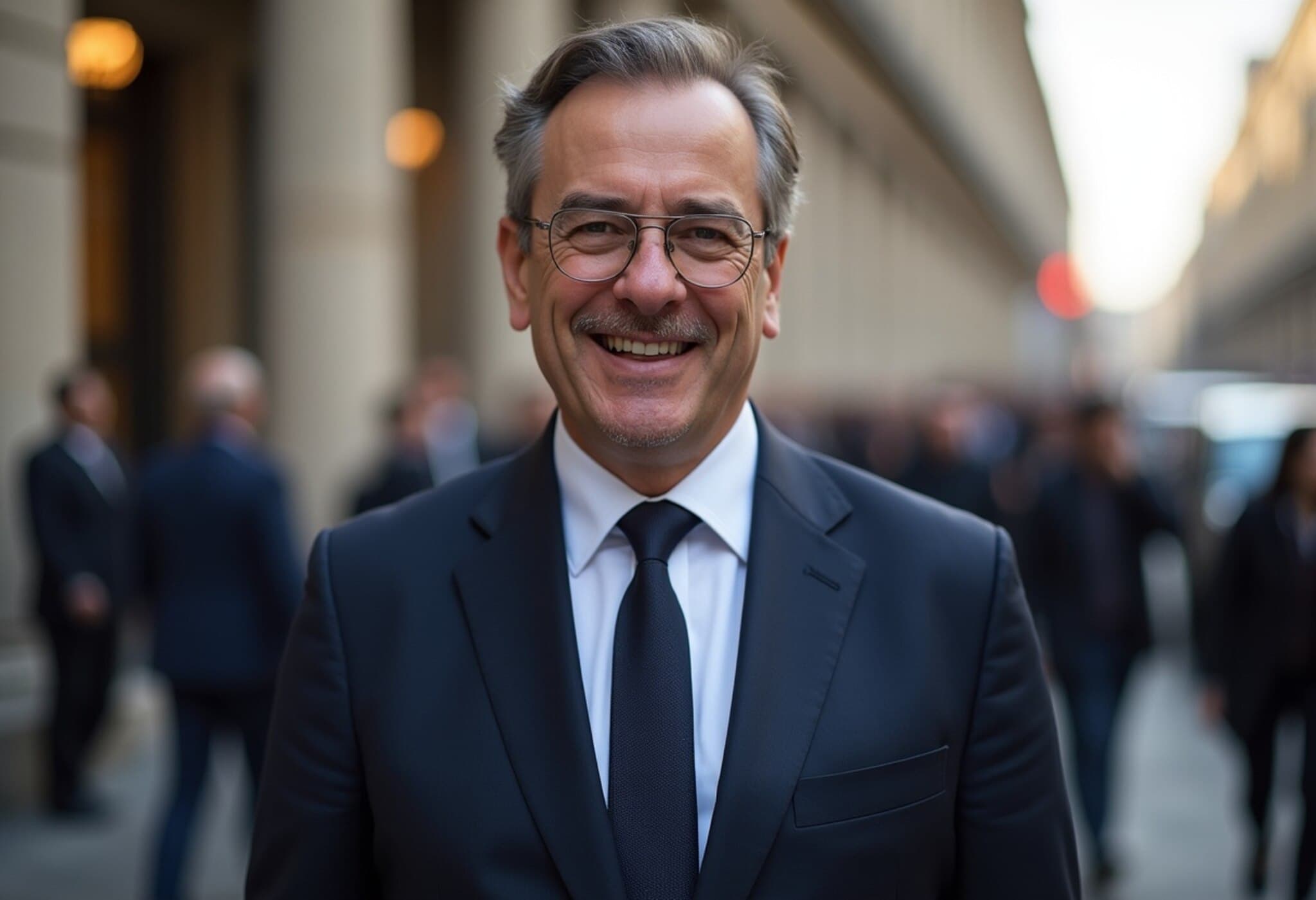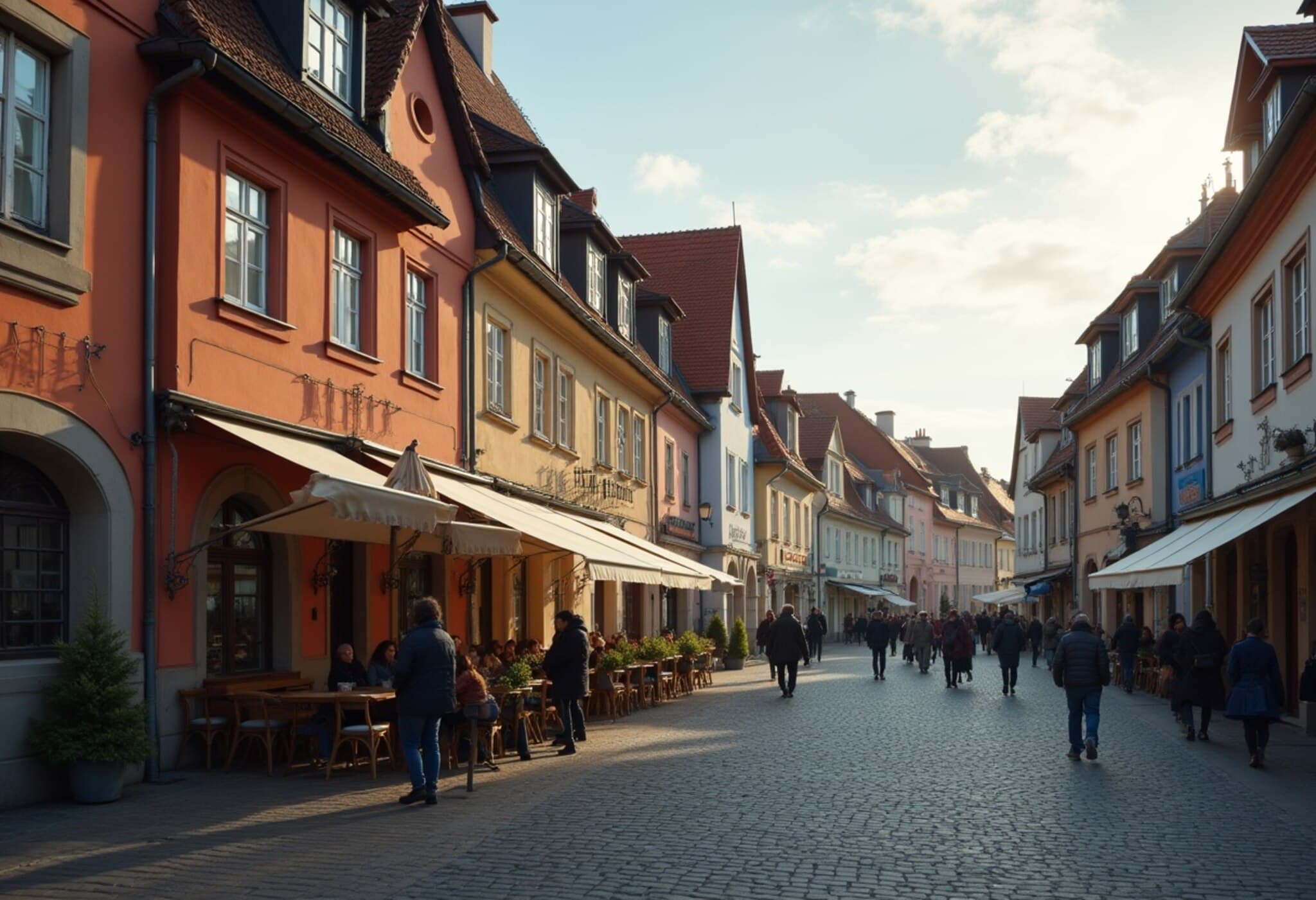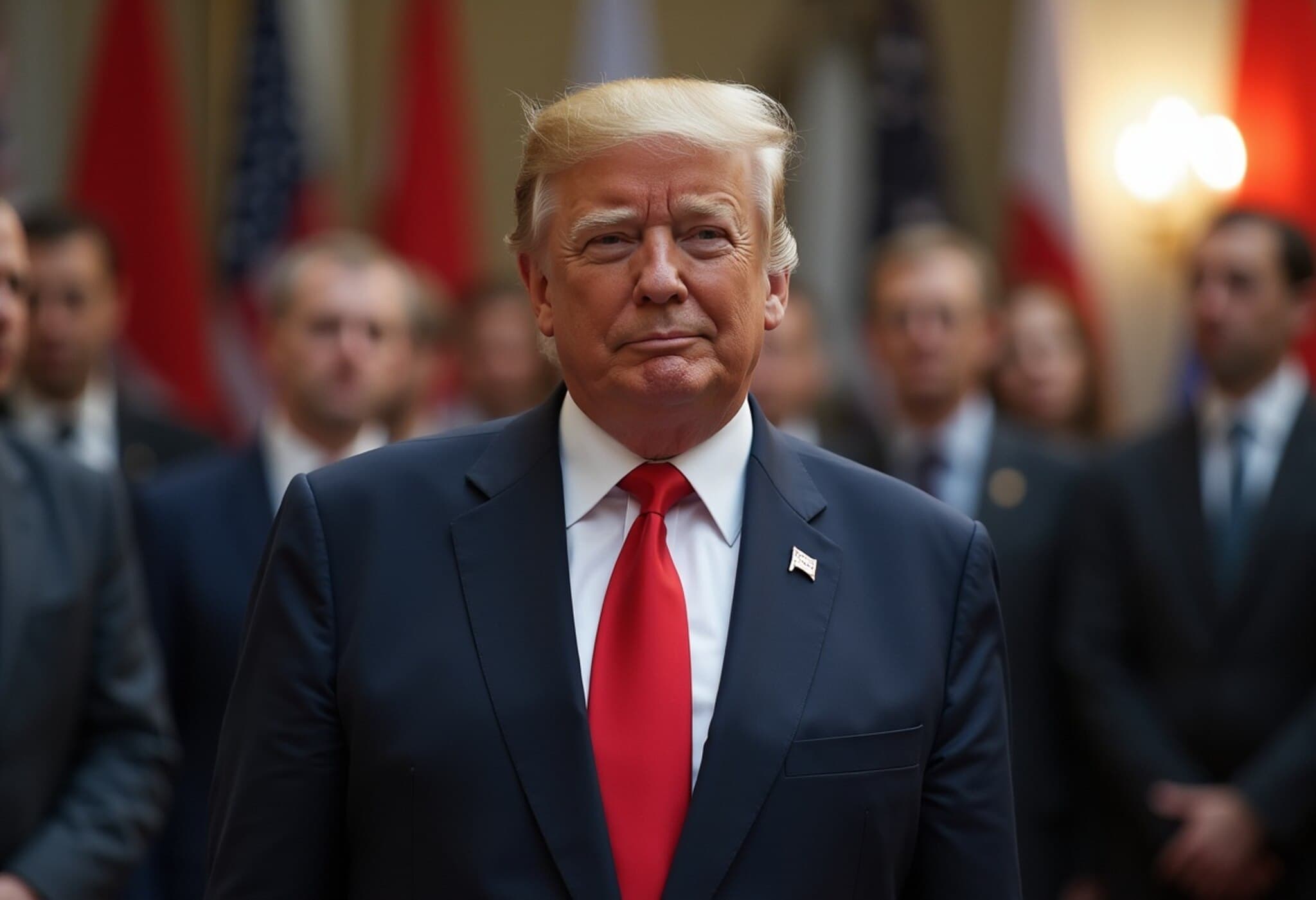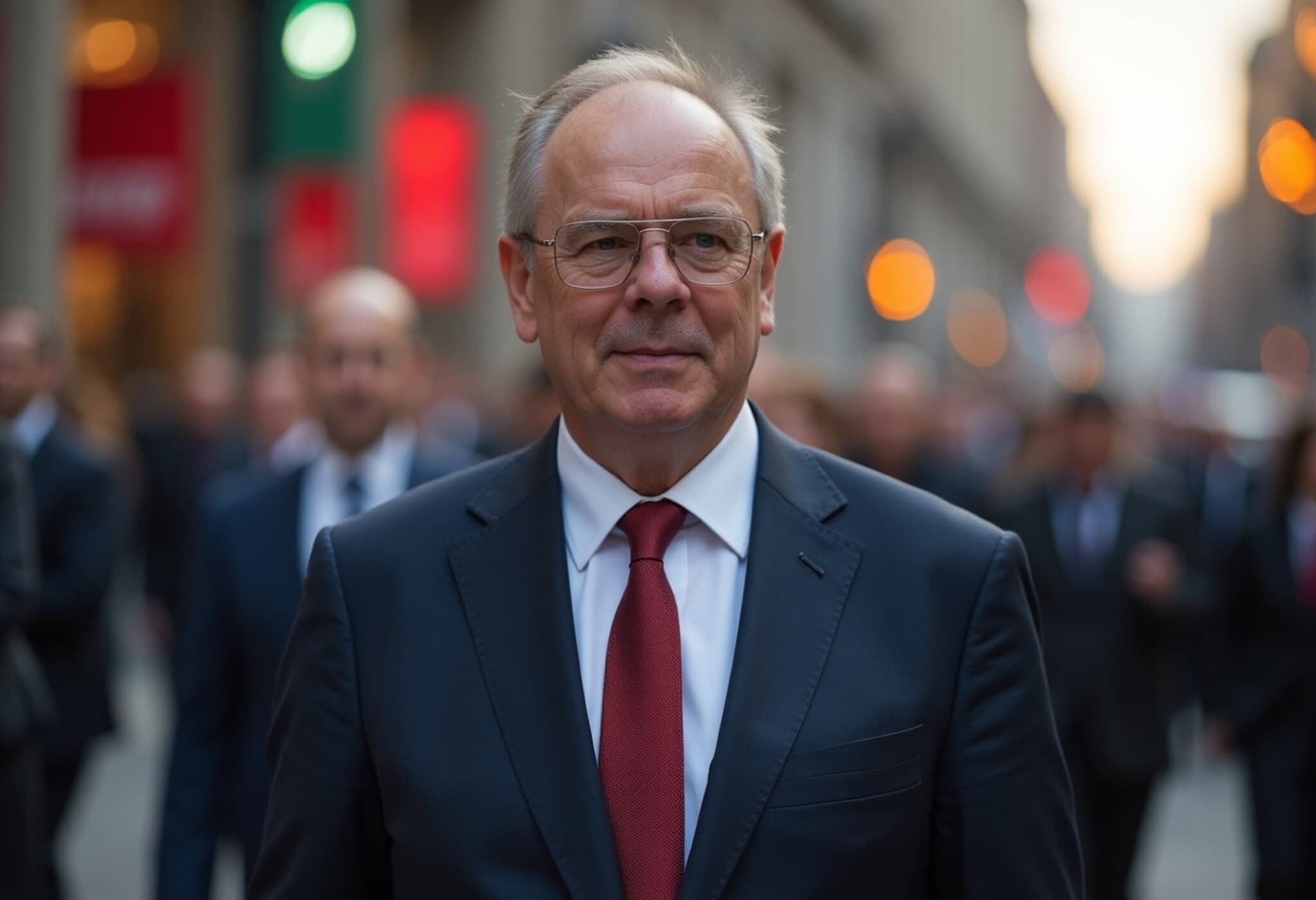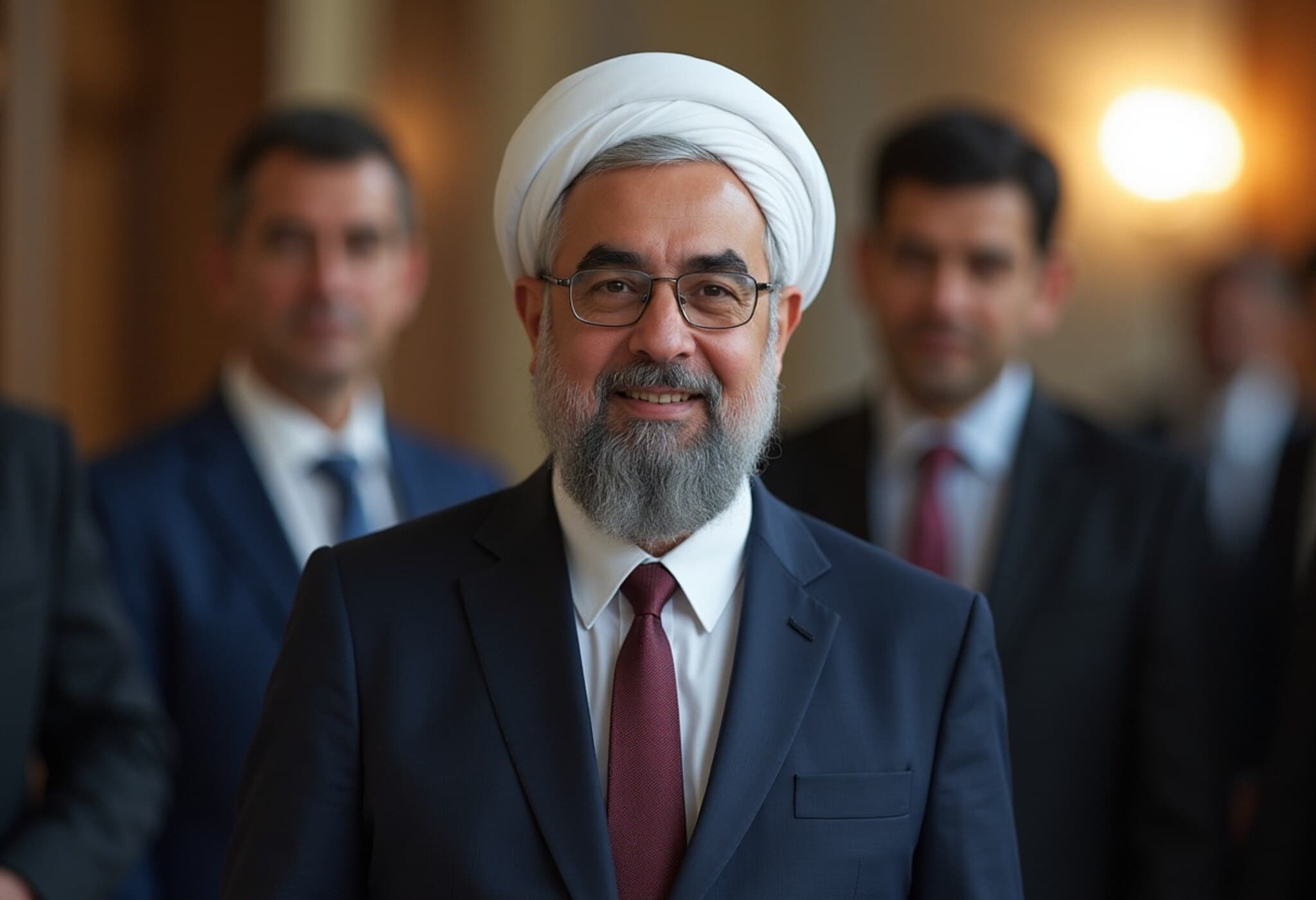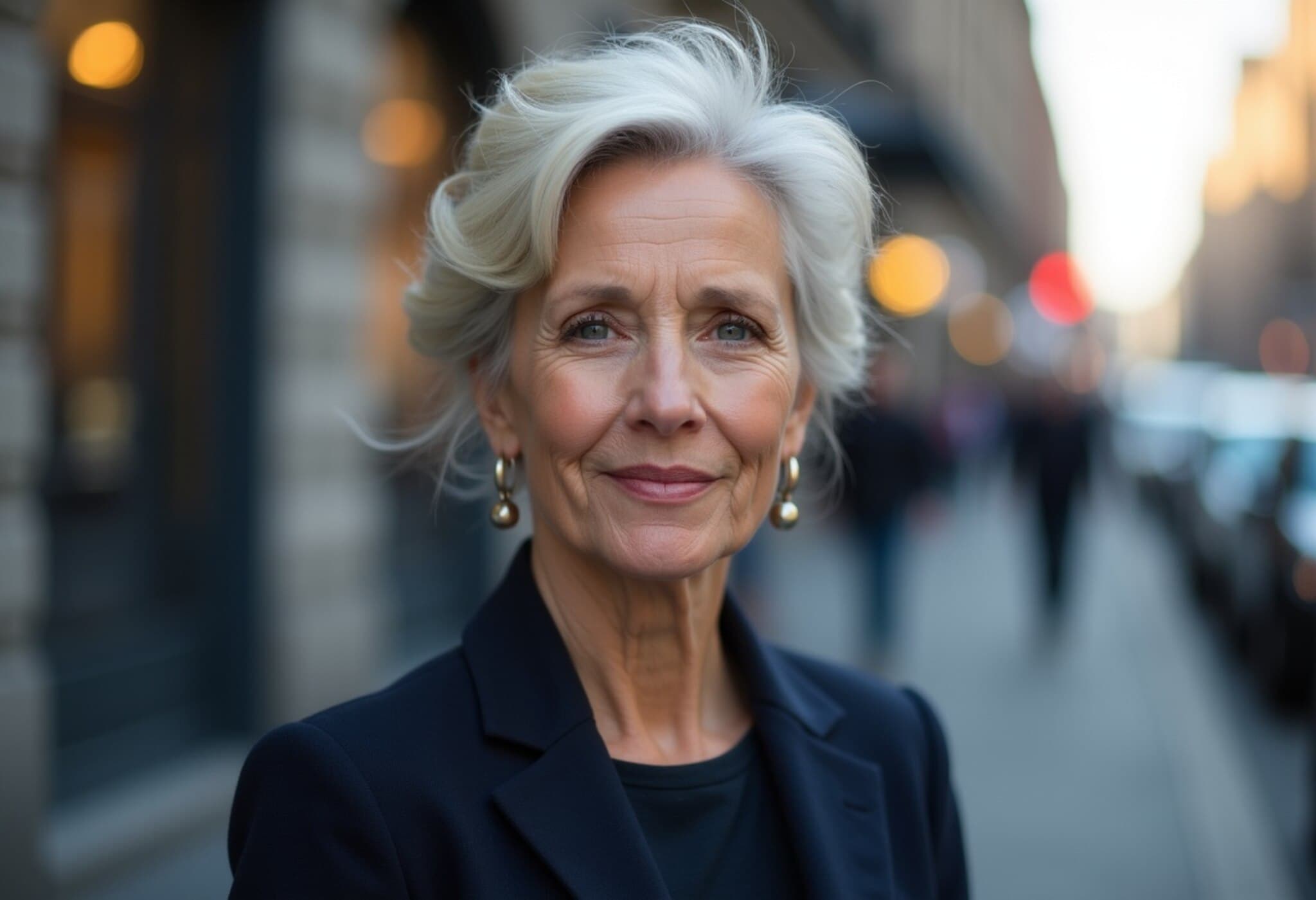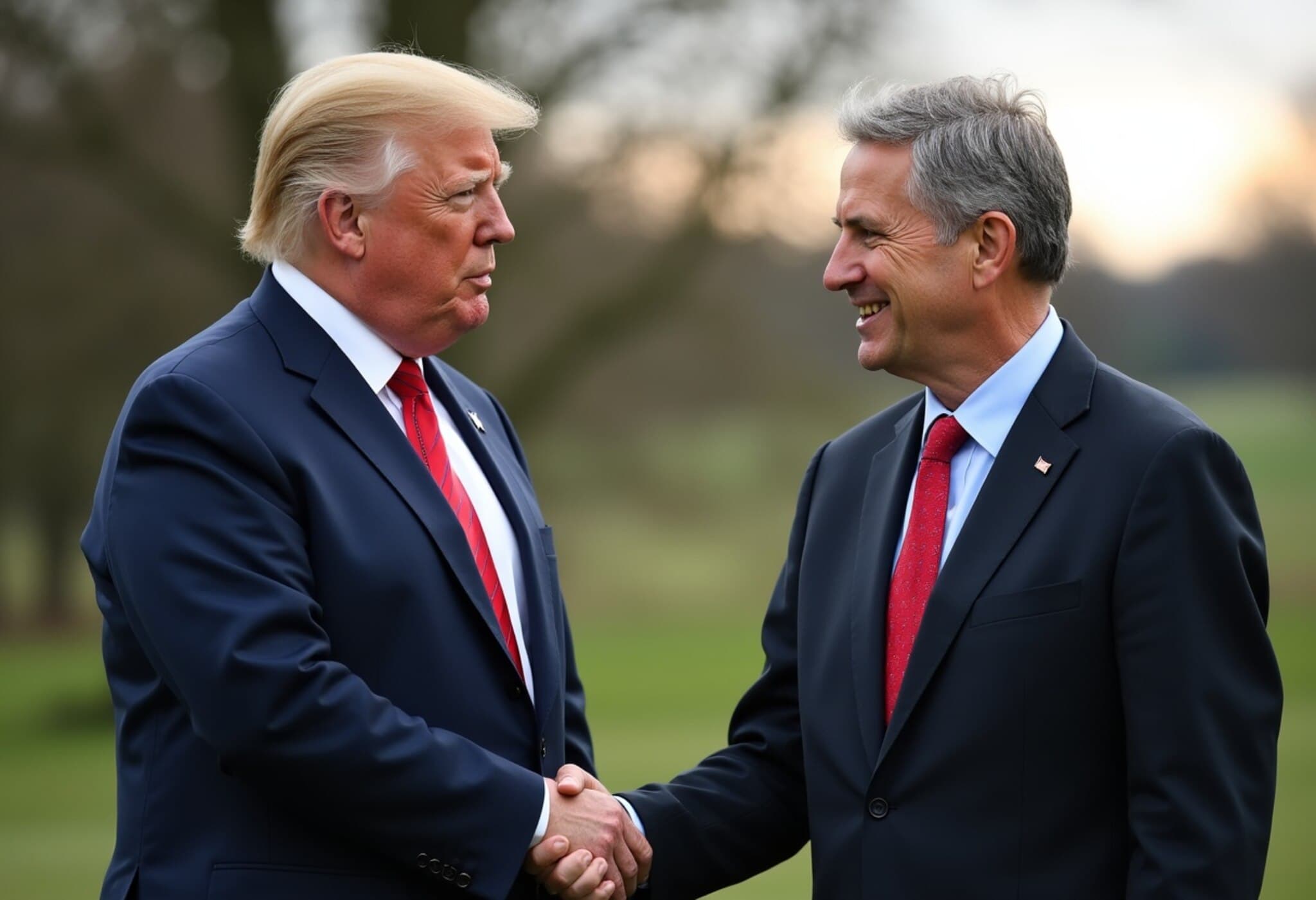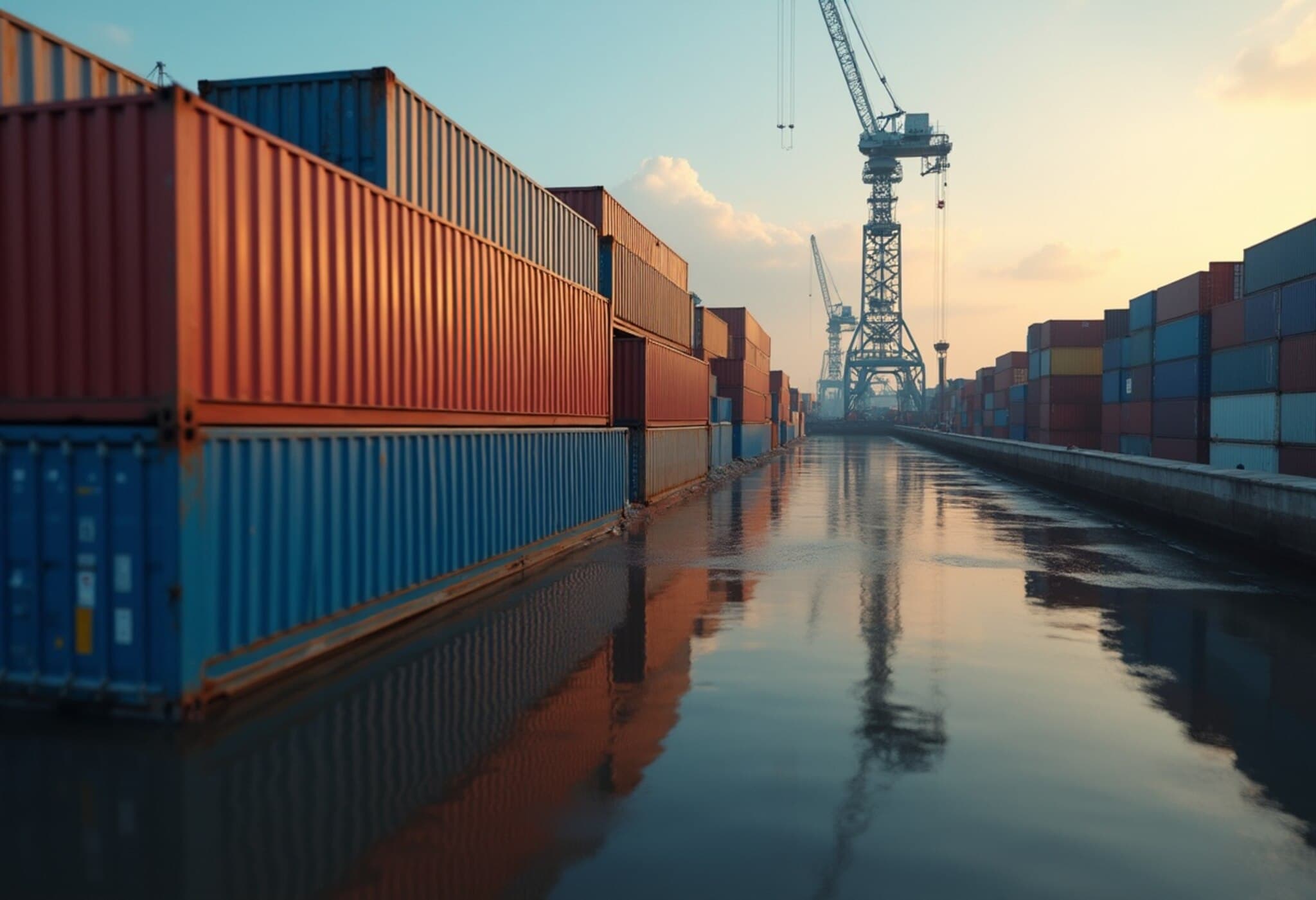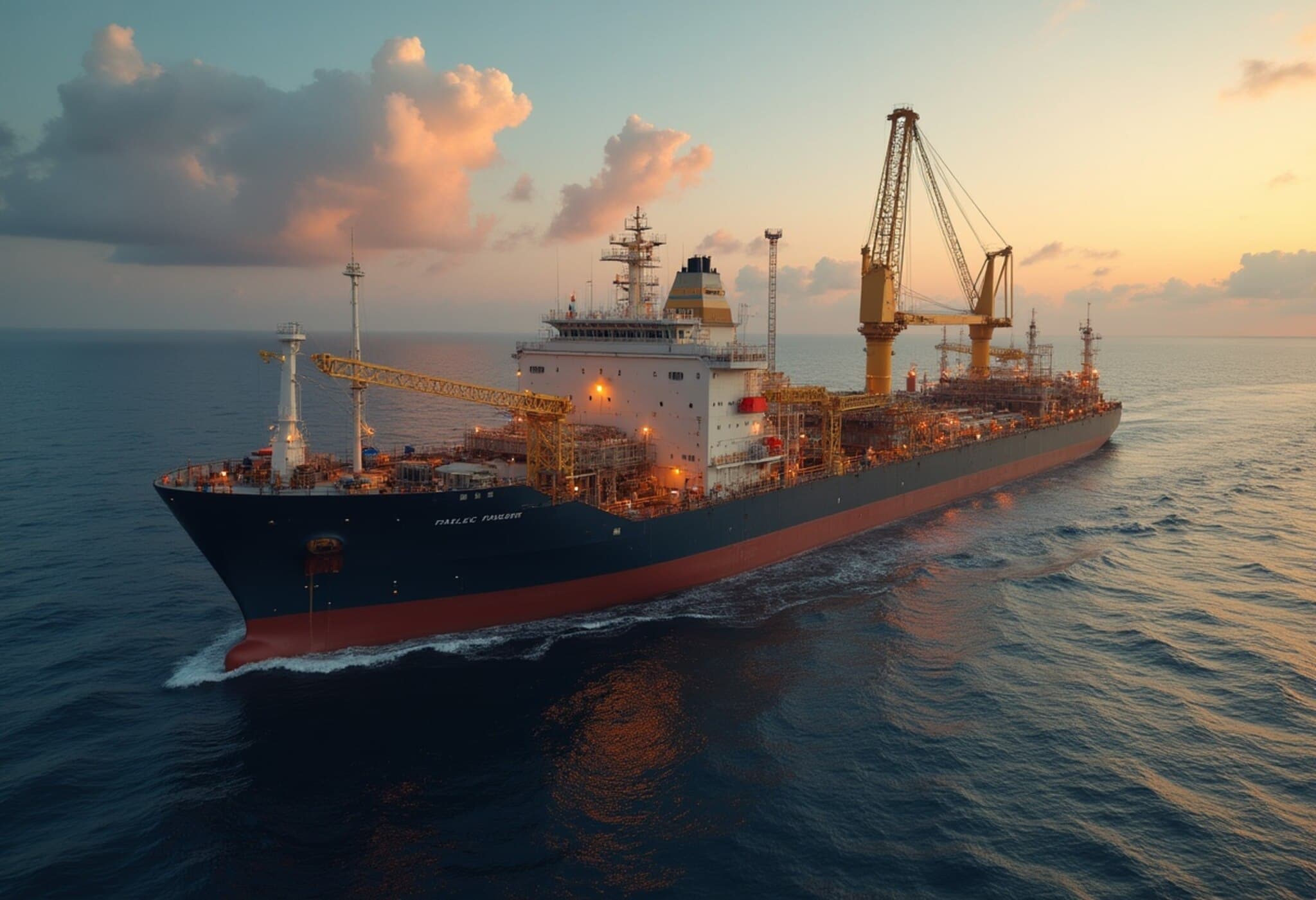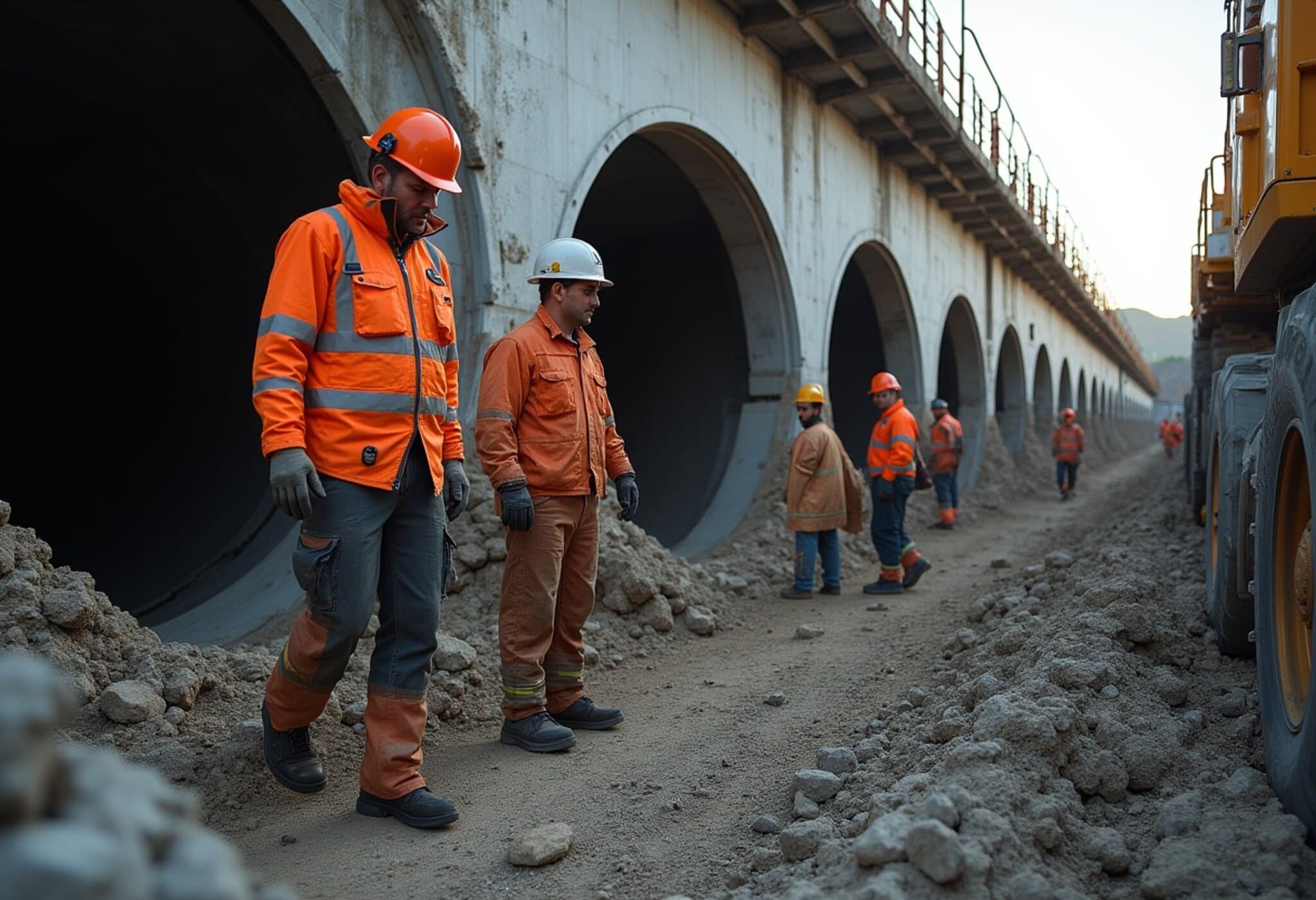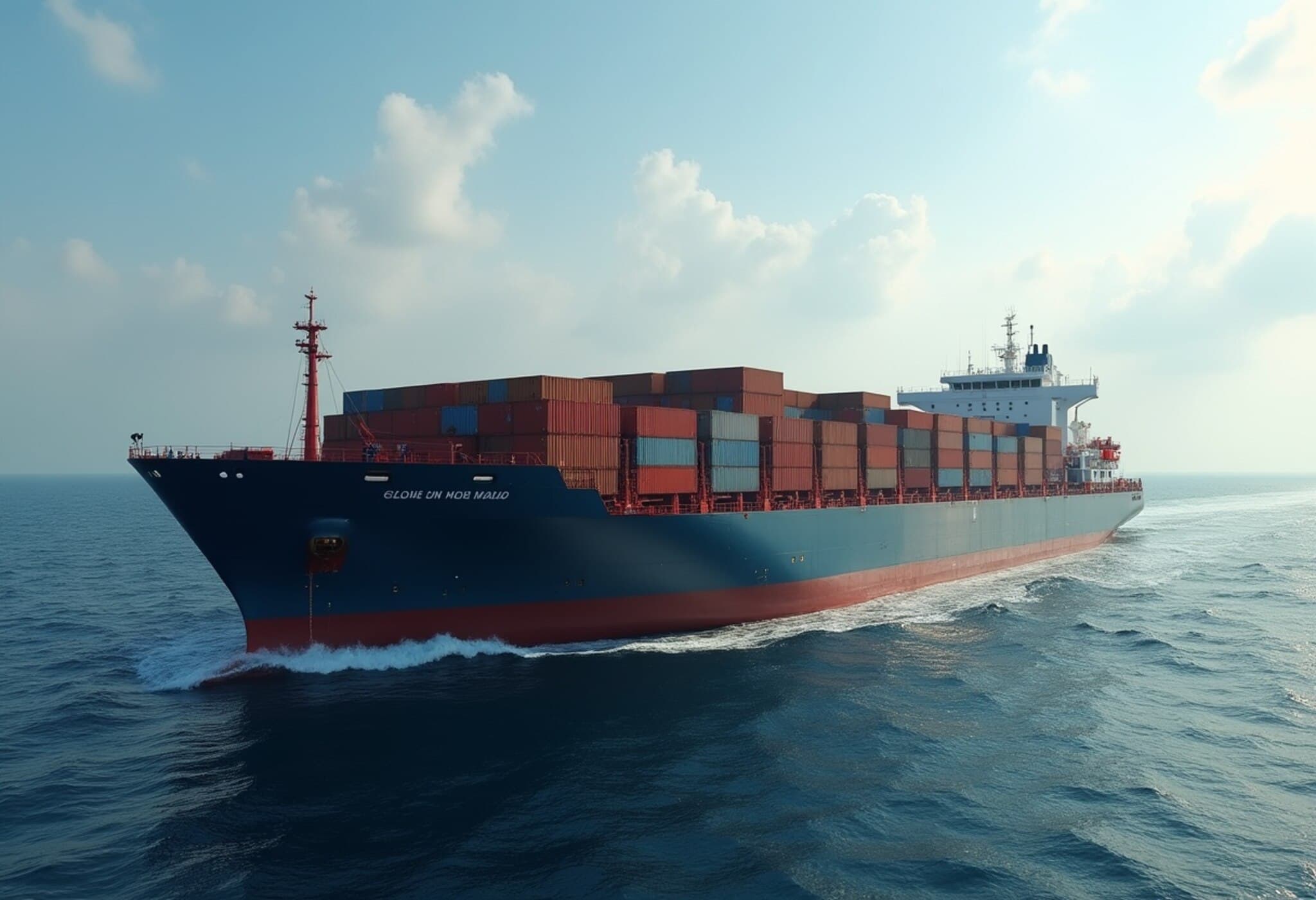Denmark’s Bold Shift: More Missiles, Fewer Migrants
Denmark is steering Europe toward a transformative, albeit controversial, approach to defense and migration under the firm leadership of Prime Minister Mette Frederiksen. Known previously as a progressive champion, Frederiksen's newfound hardline stance on border control and military readiness signals a seismic shift in European priorities amid rising security concerns.
Frederiksen: The Unlikely Architect of Tough Policies
Once an environmental activist and labor union official with a passion for social justice, Frederiksen now emphasizes fortified borders and increased military expenditure. Her pivot reflects a pragmatic response to geopolitical threats that challenge Europe's stability, especially the aggressive posture of Russia and the complex migratory pressures affecting the continent.
“European citizens have a right to feel safe,” she declared to the European Parliament in Strasbourg, advocating for strengthened external borders and streamlined asylum processes. “We need to help stabilize neighboring regions and ensure efficient returns of those who do not qualify for protection.”
Her framing of migration as a weapon wielded by hostile states marks a stark departure from her earlier progressive rhetoric. Frederiksen underscores that this perspective has transitioned from a fringe viewpoint to mainstream political consensus across Europe.
Defense Priorities Amid Rising Global Tensions
On the military front, Frederiksen is urging a robust European defense capable of deterring threats by 2030. Citing Russia’s rapid rearmament, she warns, “Cutting defense budgets in past decades was a grave error,” and stresses the urgency of countering not only Russian aggression but also challenges posed by Iran, North Korea, and China.
This call aligns with concerns raised by NATO leaders and resonates with strategic debates worldwide, including the Asia-Pacific region’s focus on China’s rising influence. Frederiksen’s alignment with leaders like Dutch Prime Minister Mark Rutte highlights a pan-European consensus on recalibrating defense postures.
The Denmark Model: A Template for Europe?
Denmark, under Frederiksen’s watch, has adopted some of the toughest migration policies in the EU, including attempts to outsource asylum processing and rigorous deportation measures. Despite Denmark’s longstanding reputation for inclusive social policies, public sentiment has shifted toward skepticism of multiculturalism and stricter immigration controls.
For example, the government’s controversial “ghetto package” sought to dismantle neighborhoods with high migrant populations to address integration challenges—a policy criticized by human rights advocates and EU legal experts as potentially discriminatory.
Regional Reverberations
- Several EU leaders, including Italy’s Giorgia Meloni, have echoed Frederiksen’s hardline rhetoric linking migration with crime and social destabilization.
- A coalition of conservative European leaders recently signed an open letter underscoring migration’s risks to social cohesion.
- Meanwhile, legal advocates and migrant rights organizations in Denmark warn that these policies fuel discrimination and marginalization, highlighting tensions between political consensus and human rights values.
Balancing Security and Humanitarian Values
Experts like Professor Michelle Pace of Roskilde University see Denmark’s stance as a bellwether for the EU’s evolving migration policy landscape—a shift from integration towards repatriation and border control. However, critics argue this risks undermining the European Union’s foundational commitments to human rights and diversity.
Michala Clante Bendixen of Refugees Welcome emphasizes the human cost. She highlights the burden on children born in Denmark to migrant families facing stringent citizenship hurdles. “When political leaders suggest preferences based on origin, it deepens divisions and erodes societal trust,” she explains, calling Frederiksen’s overwhelming parliamentary support for these policies “shocking.”
European Future at a Crossroads
Denmark’s assertive policies come at a crossroads for Europe: how to reconcile the imperatives of national security, economic stability, and humanitarian obligations in a rapidly changing global landscape.
Frederiksen’s leadership as EU president places her at the epicenter of this debate, pushing for a continent prepared to defend itself militarily and control migration more tightly. Whether other EU members will embrace this blueprint remains to be seen, but the discourse around borders, defense, and identity has undeniably shifted.
Expert Commentary
From an American policy perspective, Frederiksen’s approach reflects a broader Western trend of reassessing national sovereignty and security in the post-pandemic, post-Cold War era. The intertwining of migration with geopolitical strategy, as she suggests, poses complex challenges for transatlantic cooperation and the future of NATO alliance solidarity.
The emphasis on increased military spending resonates with U.S. policymakers advocating for burden-sharing while posing critical questions about democratic accountability and the balance between security and civil liberties.
Editor's Note
Denmark’s transformation under Mette Frederiksen from a progressive to a hardline leader encapsulates Europe’s current dilemma: safeguarding security without sacrificing its humanitarian identity. As Europe navigates these turbulent waters, key questions linger—how far should states go in restricting migration? Can increased defense spending restore peace, or fuel new tensions? And critically, how do these shifts impact social cohesion and minority communities?
Readers should consider the nuanced trade-offs at play and remain vigilant about the potential for policies that, while aiming for safety, risk marginalizing vulnerable populations. The EU’s path forward will demand thoughtful debate, balancing strength with compassion, and unity with diversity.

